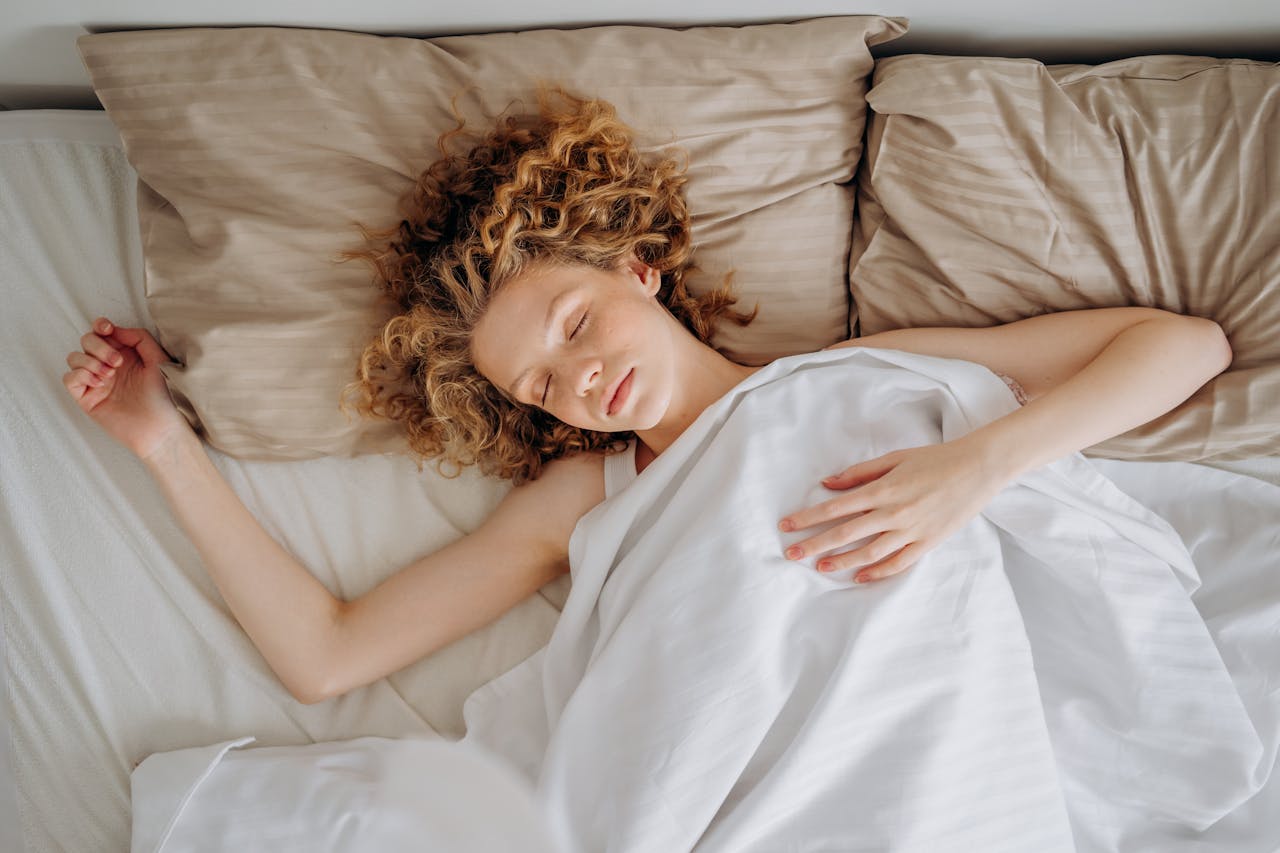Evening Routines to Wind Down and Support Restful Sleep
Getting a good night’s sleep starts with what you do in the hours before bed. Evening routines help signal to your body and mind that it’s time to transition from the day’s busyness to the restorative phase of rest. Let’s explore the science, strategies, and benefits of creating an effective evening routine for restful sleep.
Why Evening Routines Matter
Your body operates on a circadian rhythm—a natural, 24-hour internal clock that regulates sleep and wake cycles. Evening routines align your actions with this rhythm, promoting melatonin production (the sleep hormone) and reducing the chances of insomnia or restless nights. According to the Sleep Health Foundation, up to 33–45% of Australian adults report inadequate sleep, highlighting the importance of evening habits for better rest.
Crafting the Perfect Evening Routine
A good evening routine is personal and consistent. It’s about finding what works for you while incorporating practices that calm your mind, relax your body, and set the stage for quality sleep.
1. Limit Screen Time Before Bed
Why it helps:
Electronic devices emit blue light that interferes with melatonin production, delaying sleep onset.
How to do it:
Turn off all screens at least an hour before bed. If this feels too drastic, use blue-light-blocking glasses or enable night mode on your devices.
Pro tip:
Replace scrolling with low-stimulation activities like reading or journaling.

2. Dim the Lights
Why it helps:
Bright light signals your brain that it’s still daytime.
How to do it:
Gradually dim lights in your home an hour before bedtime. Consider investing in warm, soft lighting or using candles to create a soothing ambiance.

3. Create a Wind-Down Ritual
Why it helps:
Repeated routines create associations in your brain, signalling it’s time for sleep.
Ideas to try:
A warm bath or shower to lower your body temperature post-bath, which induces sleepiness.
Gentle yoga stretches to release tension.
Mindfulness meditation or breathing exercises.
Example:
Spend 10 minutes practising deep belly breathing. Inhale deeply for four counts, hold for seven, and exhale slowly for eight.
“The best bridge between despair and hope is a good night’s sleep. — E. Joseph Cossman
”
Foods and Drinks to Avoid Before Bed
Your evening routine isn’t just about activities; it’s also influenced by what you consume.
Avoid:
Caffeine:
Found in coffee, tea, chocolate, and many energy drinks, caffeine can stay in your system for up to six hours.
Heavy meals:
Eating large portions close to bedtime can cause discomfort and acid reflux, making sleep elusive.
Alcohol:
While it may initially make you feel drowsy, alcohol disrupts REM sleep, leading to poor-quality rest.
Try Instead:
Herbal teas like chamomile or peppermint to promote relaxation.
A light, sleep-supportive snack, such as a banana with almond butter or a handful of nuts.
Setting Up Your Sleep Environment
An essential part of winding down is ensuring your sleep environment supports rest.
Optimise Your Bedroom:
Temperature:
Keep it cool—between 16–20°C is ideal.
Darkness:
Use blackout curtains or an eye mask to eliminate light.
Noise levels:
Consider white noise machines, earplugs, or calming nature sounds to block disruptive noise.
Declutter for Calm:
A messy space can subconsciously stress your mind. Spend a few minutes tidying up your room as part of your evening routine.
Evening Routine Example: A Timeline
Here’s a sample evening routine to inspire your own:
Time | Activity |
7:30 PM | Eat a light dinner and avoid screens. |
8:30 PM | Take a warm shower and dim the lights. |
9:00 PM | Journal or read a book in soft lighting. |
9:30 PM | Practise 10 minutes of deep breathing. |
10:00 PM | Lights out for a restful night’s sleep. |
The Role of Consistency
The key to success is consistency. Your body thrives on routine, so aim to go to bed and wake up at the same times every day, even on weekends. This helps regulate your internal clock, making it easier to fall asleep and wake up naturally.
Evening Routines for Busy Lives
Even if you’re pressed for time, small adjustments can have a big impact. Focus on:
Spending just five minutes on mindfulness or stretching.
Preparing your bedroom in advance so it’s ready when you are.
Using guided meditations or sleep apps for a quick wind-down.
Conclusion
Incorporating an intentional evening routine can transform the quality of your sleep and, in turn, improve your overall well-being. By taking small, consistent steps to unwind and relax, you’ll set yourself up for restful nights and energised days.
At Talked, we understand the vital connection between mental health and sleep. It’s important to remember that not every technique works the same for every person. That’s why it’s so helpful to explore and try out different techniques or rituals over time. Together with our mental health professionals, you can discover and develop a routine tailored to your unique needs and goals. Reach out today to learn more.
References
Sleep Health Foundation. Good Sleep Habits. https://www.sleephealthfoundation.org.au/sleep-topics/sleep-hygiene-good-sleep-habits
National Sleep Foundation. Sleep Better, For the Journey Ahead. https://www.sleepfoundation.org/
Harvard Health Publishing. (2019). The importance of melatonin. https://www.health.harvard.edu/staying-healthy
Essential Reading
Free Mental Health Tests
Recommended Therapists Available Now
VIC
Psychologist
Hi, I am Melissa, a trauma-informed psychologist with experience supporting individuals through mental health challenges, trauma, and managing neurodiversity. My approach...More
NSW
Psychologist
Hello, I am a Registered Psychologist based in New South Wales, bringing over 11 years of professional experience to my practice. I have had the privilege of supporting c...More
NSW
Psychologist
Hi! Im Simone. I'm a registered psychologist who offers a casual, warm, non-judgmental, and deeply empathetic approach. My professional journey has involved extensive wor...More







